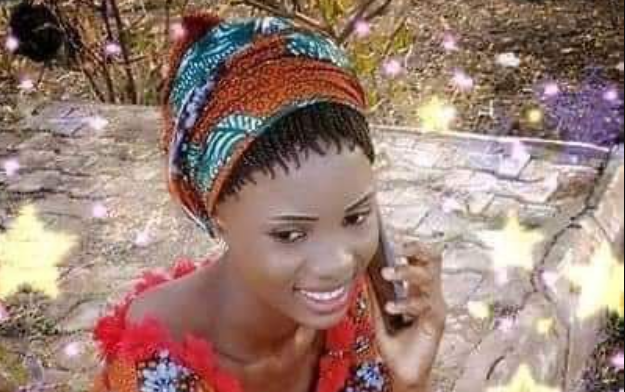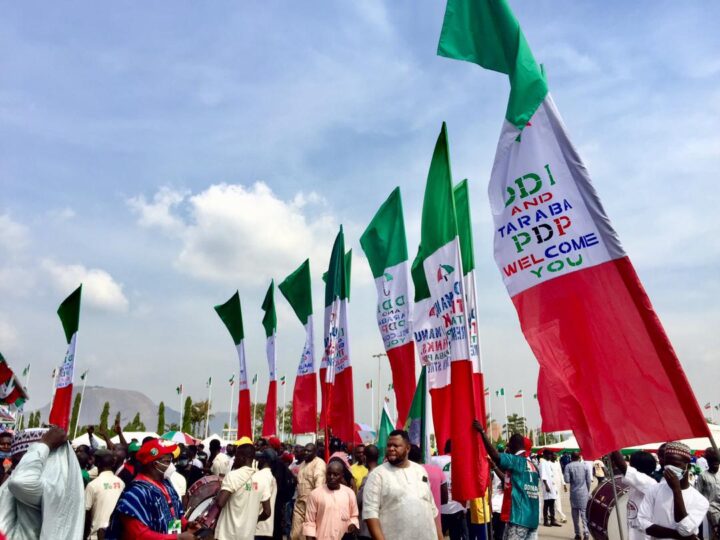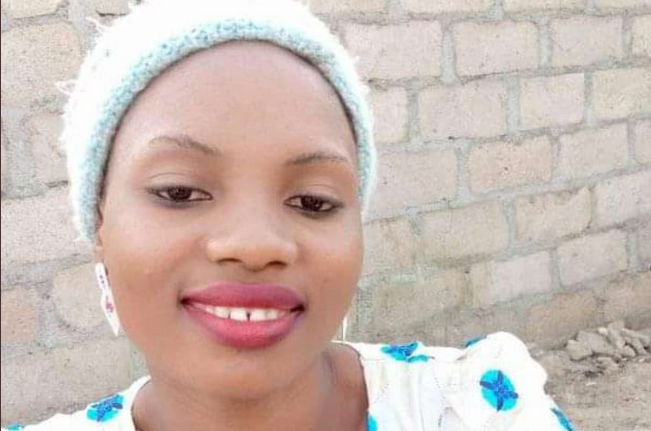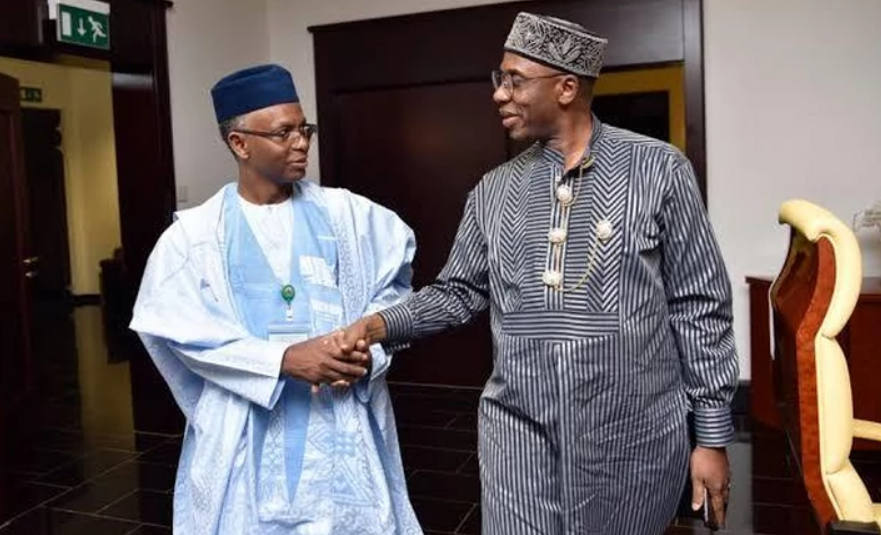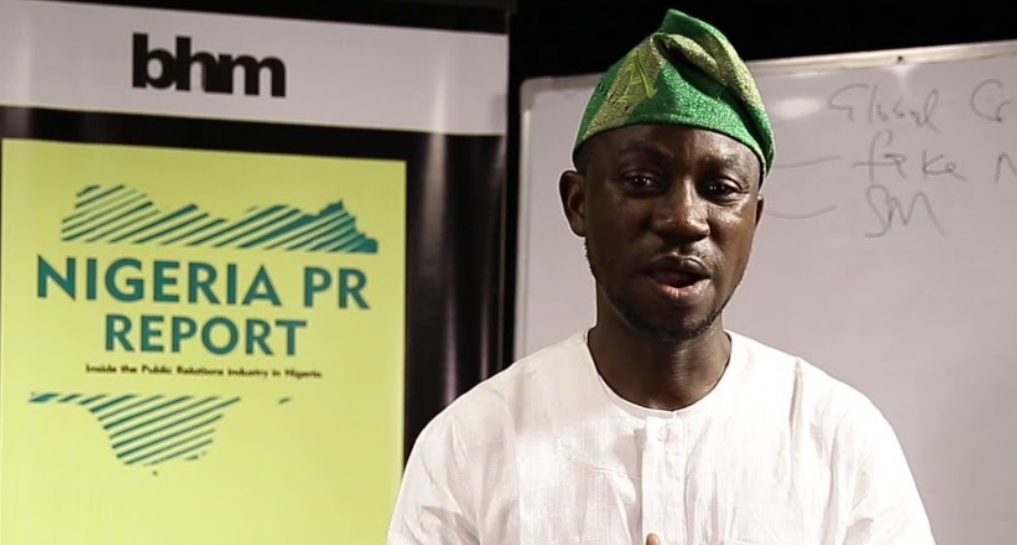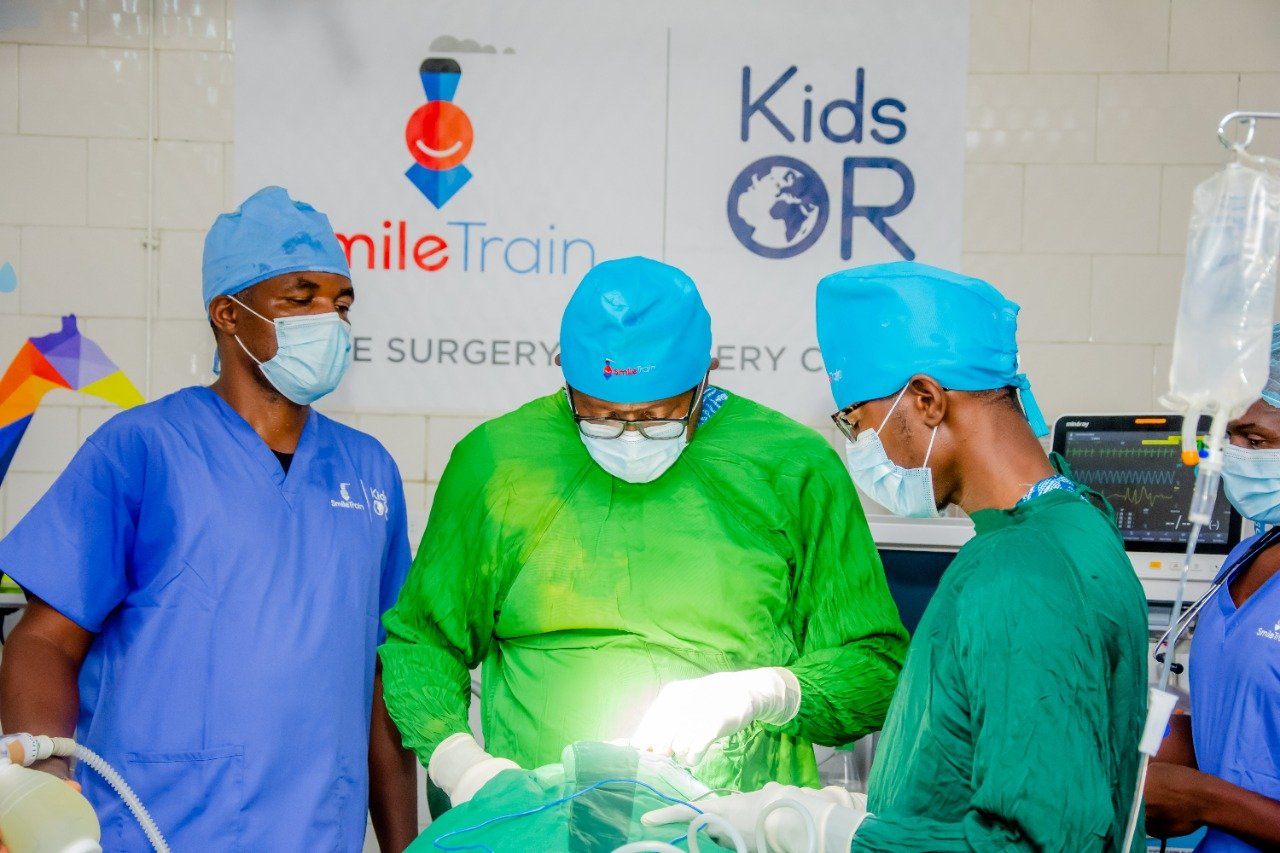BY OLUWAFEMI POPOOLA
A few days ago, the gruesome murder of Deborah Samuel by an irate mob in Shehu Shahari College of Education, Sokoto state over her remarks on WhatsApp chats which was described as blasphemous, came as a rude shock to Nigerians. The build up to Deborah’s death was agonising and unfortunate. Nobody deserves to die the way the Christian lady died at the hands of her killers. It was another classical example of the manifestation of the human tragedy.
That the country has not sunk into a deep religious crisis aftermath must have been as a result of these two cardinal reasons. The first one being that both the president and the vice-president are not members of the same faith. That alone has a positive psychological effect on the people, both Christians and Muslims, who are of the view that their faith is equally represented in the corridors of power. So, no faith feels marginalised in the country’s heart of politics. Being a Christian, Vice-President Yemi Osinbajo is seen as a representation of the Christian community nationwide. Thus, his Christian status has in some way doused any form of religious tension, especially during the height of aggravated, but false claims of Islamisation by the Buhari government, that such impression might have triggered.
Back to present day, swift reactions by President Muhammadu Buhari and Vice-President Osinbajo in condemning the murder of Deborah has helped to de-escalate the growing tension the barbaric incident had caused across the country.
Advertisement
The second reason, I believe, is the “long suffering” nature of the average life of a Christian which is embedded in the teachings of Christ. To be long-suffering means to have self-restraint when one is stirred to anger. A long-suffering person does not immediately retaliate or punish; rather, he has a “long fuse” and patiently forbears. The Christian community should be commended for showing a high level of perseverance. Miraculously, the country had just been spared another bloody religious crisis. The last time we had a religious riot in Nigeria was in 1992, which claimed many lives and properties.
The political milieu in this present-day Nigeria is highly sensitive. It cannot withstand the idea of any political party presenting a presidential ticket that has two members of the same faith for Nigerians in 2023 general election. It will be considerate and politically wise for any political party that wants to have the votes of the people to ditch the idea of a single-religion ticket for both presidential and vice-presidential candidates. The recent story of the Sokoto killing has even made it impossible for anybody to start the conversation.
What Nigeria needs now is healing. Her people have been battered and wounded. Any attempt by the ruling All Progressive Congress (APC) or the opposition Peoples Democratic Party (PDP) to give their presidential and the vice-presidential tickets to aspirants of the same faith should not even be remotely considered. It is dead on arrival.
Advertisement
This is so because Nigeria is a multi-religious, multi-cultural and multi-ethnic country with a depressing history of religious wars and riots. According to the African Journal of Multidisciplinary Research, in a book, Religion and Ethnicity: The Need For National Integration In Nigeria, between 1980 and 1992, Nigeria has suffered about 26 religious riots which has its death toll put at 6,775, official figures.
As a matter of fact, political groups or individuals who are publicly or secretly canvassing for the idea of Muslim/Muslim or Christian/Christian ticket in 2023 are tactless and insensitive to the history of religious differences in the country.
Religion plays an important role in our politics today. Religious alignments and sentiments have been a special feature of the Nigerian society. So, negating religious factor as the chief determinant of who becomes the next Nigeria’s president in 2023 is a metric graph for the complete political emasculation of the Christian community. Not only that, it would be a sure recipe for stoking the embers of religious conflagration of the Nigerian state.
With two major religions – Islam and Christianity, it is stating the obvious that religion in Nigeria is one of our major means of social identity; it is not only sensitive, it tells a lot about our affiliations, motives and relationships. Its imperativeness cannot be downplayed in the country’s politics, even as a secular country. Since the return of democracy from 1999 to present, political parties have ensured and structured their candidacy for the apex office in such a way that it accommodates both Muslim and Christian aspirants across different levels of government in the country.
Advertisement
This is to ensure equity and balance in a country divided, not only by religion but ethnic biases. This has brought some sort of sense of inclusion and religious security amongst the citizens. This consideration came into place prior to the 2015 general election in obeisance to our religious plurality. It should also play a central role in determining who will represent us in 2023.
A balanced wheel gives you a smooth ride, while an unbalanced wheel will set you up for a rough journey. The Nigerian state will not only set its foot on a rough journey, but would have its sacred sovereignty as a one nation teetering on the precipice if any political party in Nigeria today should present a Muslim/Muslim or Christian/Christian ticket in next year’s presidential election.
As political parties finalise preparations to choose their respective candidates for the 2023 general elections in view of May 29, 2023, when President Muhammadu Buhari hands over the power to his successor, caution must therefore be taken to ensure a balanced wheel, especially in this very trying times.
Both the PDP and APC should take note. The consequences of religious riots would only have damning effects on the country’s quest for further development and economic prosperity.
Advertisement
Popoola, a political analyst, can be reached via [email protected]
Advertisement
Views expressed by contributors are strictly personal and not of TheCable.
Add a comment
